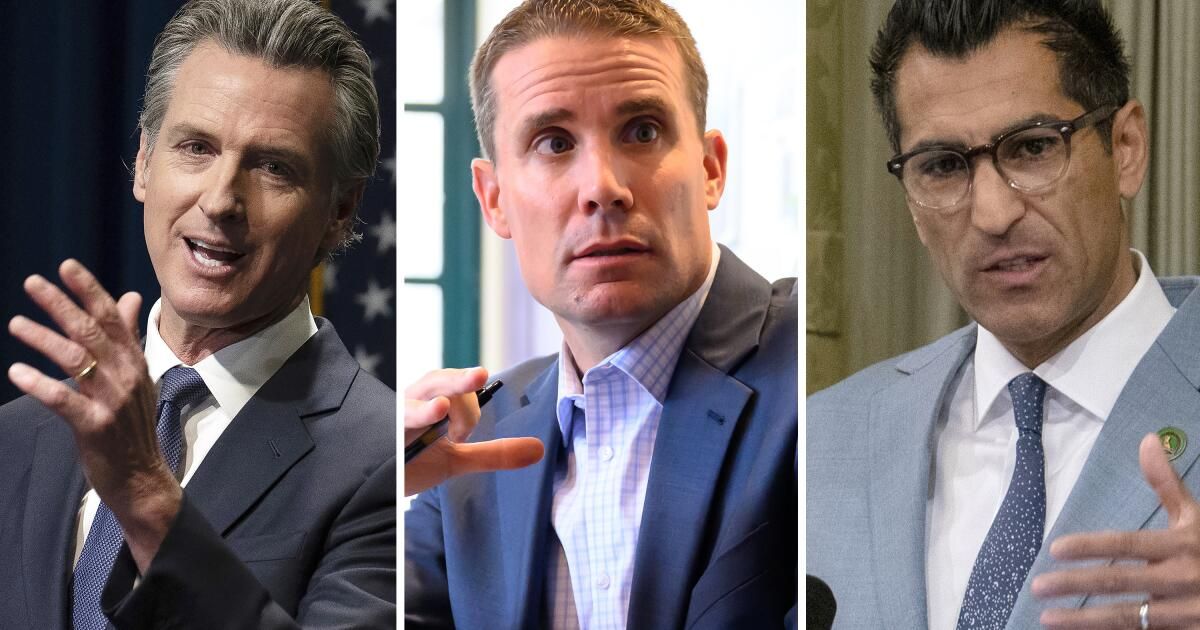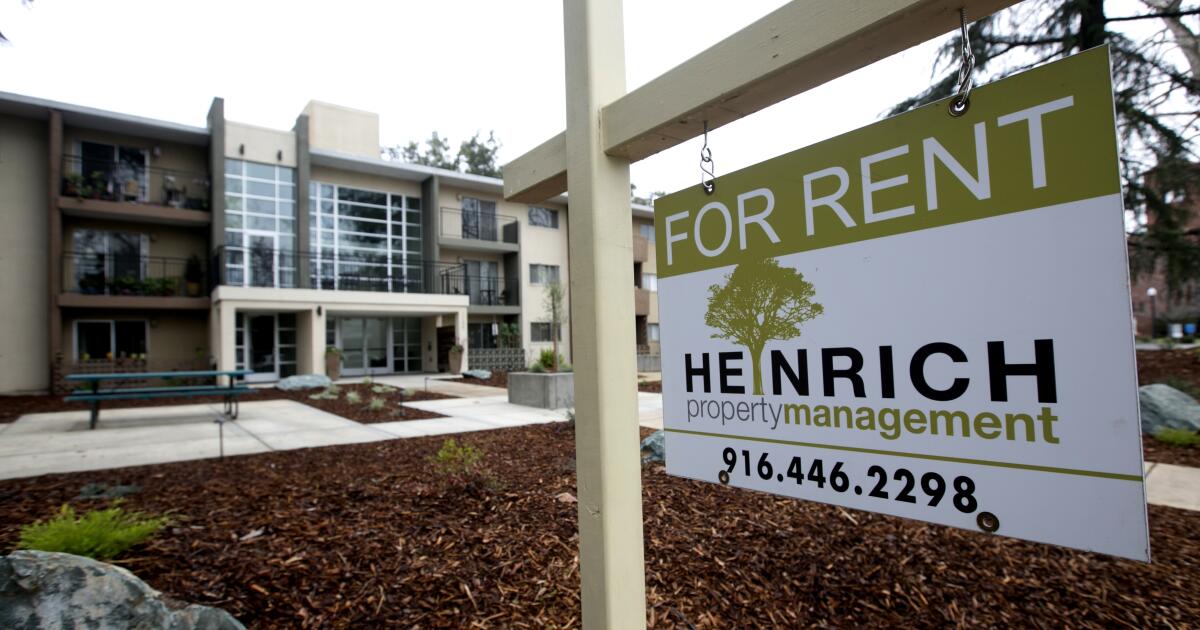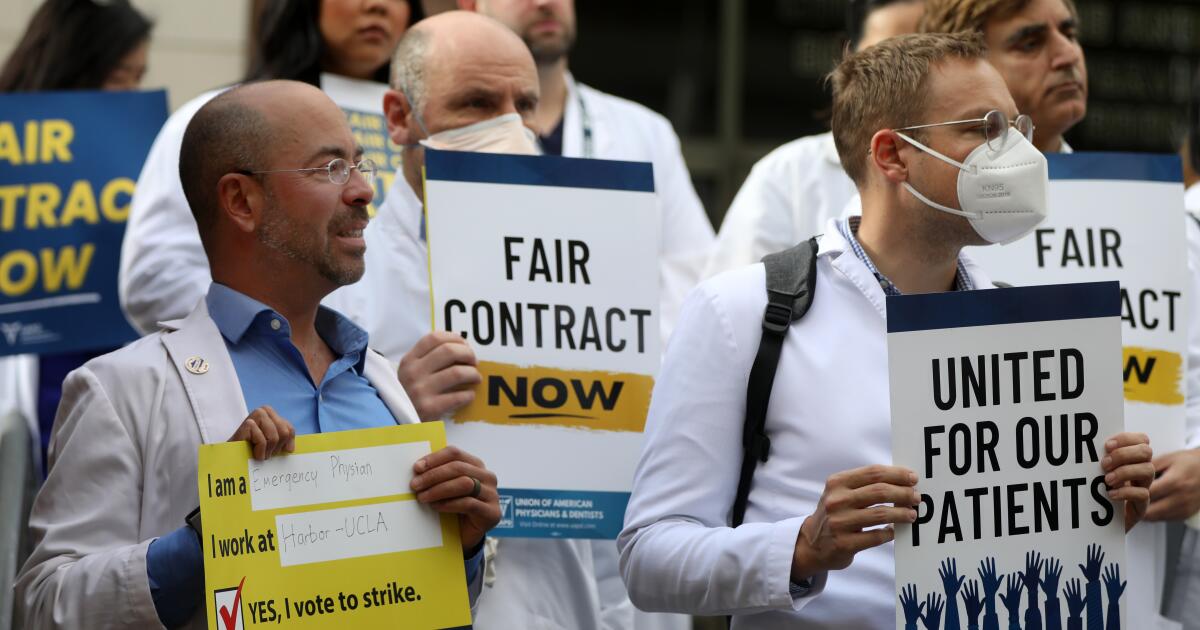Using a baseball tactic that former college player Gavin Newsom should understand, the Legislature has begun hurling negative comments at the outgoing governor.
The batter has been getting too close and crowding lawmakers' plates, and legislative leaders have been brushing him off with internal volleys.
In everyday language, they have been ignoring him, at least temporarily, trying to dissuade California's chief executive from intruding too much on their turf.
The most recent and dramatic example is what happened recently at the close of the two-year session of the Legislature.
In typical Newsom fashion — and one that increasingly rankles lawmakers — the governor waited until the last minute to propose major legislation. He argued that his measure would prevent spikes in gasoline prices by imposing oil reserve requirements on refineries.
“These price increases are actually profit increases for Big Oil,” he said.
But Newsom’s proposal was controversial and complicated — so complex that his fellow Democrats in the Assembly complained there wasn’t enough time left in the session to fully consider the matter. House Speaker Robert Rivas (D-Hollister) refused to even consider the governor’s proposal. It went unheeded.
So on Saturday night, as this Legislature was about to end its session until the newly elected Legislature convenes in December, Newsom made good on an earlier threat and called lawmakers back into special session to act on his proposal.
But in an unprecedented uprising, the Senate stood up to the governor and refused to call a special session. Democrats could have passed the bill during the regular session and an extra session was unnecessary, said Senate Leader Mike McGuire (D-Healdsburg). See you in December.
That was a fiery brushback pitch from McGuire.
But the Senate leader has since backtracked.
He now says he will call his chamber into special session, but on one condition: that the Assembly first agree on a bill and send it to the Senate. He will not ask senators to sit in Sacramento while the Assembly holds public hearings and negotiates with itself, McGuire told me.
“This issue has never been simply a matter of calling the assembly, but of lining up the votes,” he said. “The Senate had the votes, the Assembly did not. The solution to all this is to find a majority of Assembly members who support the bill, and the Assembly has work to do.
“If they get the votes, I will immediately take it to our senators for discussion. [Democratic] “The parliamentary group is 100% united at this moment in terms of not meeting immediately.”
What led McGuire to soften his staunch opposition to a special session?
“The governor and I had a productive meeting and talked about the way forward,” he said.
Newsom, of course, also has plenty of arguments in his arsenal that could be used as a pushback argument. He has hundreds of bills stacked on his desk to be signed or vetoed before Sept. 30. Rewarding allies and punishing opponents is basic politics.
Still, it’s questionable whether the Senate could legally reject the governor’s call for a special session. It is a separate and equal branch of government. But the state Constitution gives the governor on “extraordinary occasions” the right to “cause the Legislature to meet in special session.”
That power has never been tested in a court of law, and there is no punishment for telling the governor to go fuck himself.
“My interpretation of the Constitution is that the Legislature has to meet, but it’s up to them to decide when,” says Chris Micheli, a law professor and lobbyist. “It’s up to them to decide whether or not to vote. They could adjourn immediately and call it a day, and say, ‘We’ve met, thank you.’”
Rivas told me he would like to begin holding public hearings on a bill within a few days and hopes to pass the legislation by the end of September. But don't be surprised if this drags on into October.
The president has created a massive 19-member Oil and Gasoline Supply Committee — encompassing about a quarter of the Assembly — to hold public hearings and consider legislation.
Newsom wants to give the California Energy Commission the power to require refineries to build up a stable reserve of fuel to avoid shortages and price spikes when equipment is shut down for maintenance. Supply and demand determine the price. That’s basic free-market economics.
But opponents and skeptics — not just the oil industry but also some moderate Democratic members of the Assembly — argue that the proposed cure itself could create temporary price spikes because gasoline would be removed from the supply chain and held in reserve.
I am told that Rivas himself is still not convinced of the merit of the bill.
Neither the House speaker nor the Senate leader wanted to harshly criticize the Democratic governor in public.
But privately, many of his Democratic colleagues are fed up with Newsom’s strategy of pressuring lawmakers to meet deadlines, especially after he has spent considerable time traveling around the country to boost his national political profile. They believe he should focus more on the California Capitol and work directly with lawmakers on issues he deems important.
“Anything worth doing takes time and an investment in relationships and getting proposals across the finish line,” McGuire told me when I asked whether Newsom should have acted sooner to advance his refinery legislation.
“Honestly, we are all democrats. We have to work together.”
Rivas said that when Newsom urged him to rush the bill through “without public hearings or debate, I was very candid and told him it wasn’t going to work for me and it wasn’t going to work for the Assembly.”
Newsom could — and should — have started discussing his proposal with the Legislature in January. His last-minute antics have become old and unproductive.
His season ends in 28 months. He better start hitting the ball better. Learn from bad luck pitches.












